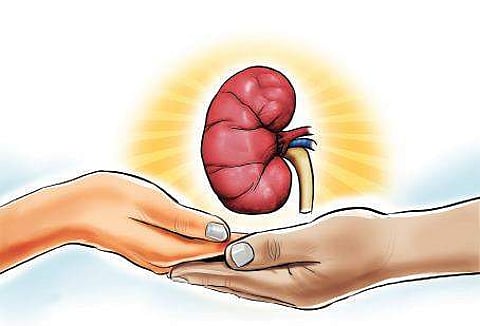

NEW DELHI: To motivate youngsters towards organ donation, the University Grants Commission (UGC) has urged higher education institutions (HEIs) to disseminate information about the ongoing government initiative to pledge organ and tissue donation.
So far, over 80,000 people, primarily women, have taken the pledge since the launch of the campaign Ayushman Bhav by President Droupadi Murmu on September 13. In a letter to all the vice-chancellors of universities and principals of colleges, the UGC urged them to “widely disseminate information about the online organ donation pledge to achieve maximum participation for organ donation.”
So far, the maximum response to pledge organs has been reported in the age group of 30-45 years, followed by those aged 18-30 years. It is the 18-30 age group that the government now wants to target.
The organ donation rate in India continues to be less than one per million population, while the highest in the world is in Spain, where around 48 persons per million population donate organs after death.
In a note to higher education institutions, the UGC said there is a massive shortage of organs available for transplants compared to the number of patients who require it, resulting in a wide demand and supply gap.
A person, after his death, can give new life to up to eight people by donating vital organs, namely kidneys, liver, lungs, heart, pancreas and intestine, and improve the life of many more by donating tissues like cornea, skin, bone and heart valve, if pledged.
As per estimates, two lakh new patients require kidney transplants every year, for which only around 12,000 kidneys are available. Similarly, for a need of 40,000-50,000 liver transplants, only 4,000 livers are available, and for a total of 50,000 heart transplants, only about 250 are carried out. After Covid- 19 pandemic, the need for lung transplants has also gone up, the UGC note to the institutions said.
About 1.5 lakh deaths happen annually due to road traffic accidents in India. Many of these cases could be harvested for organs. India is home to around one-third of corneal blind people in the world, which could only be helped with eye donation. Skin donation can also help save the lives of patients with burn injuries.